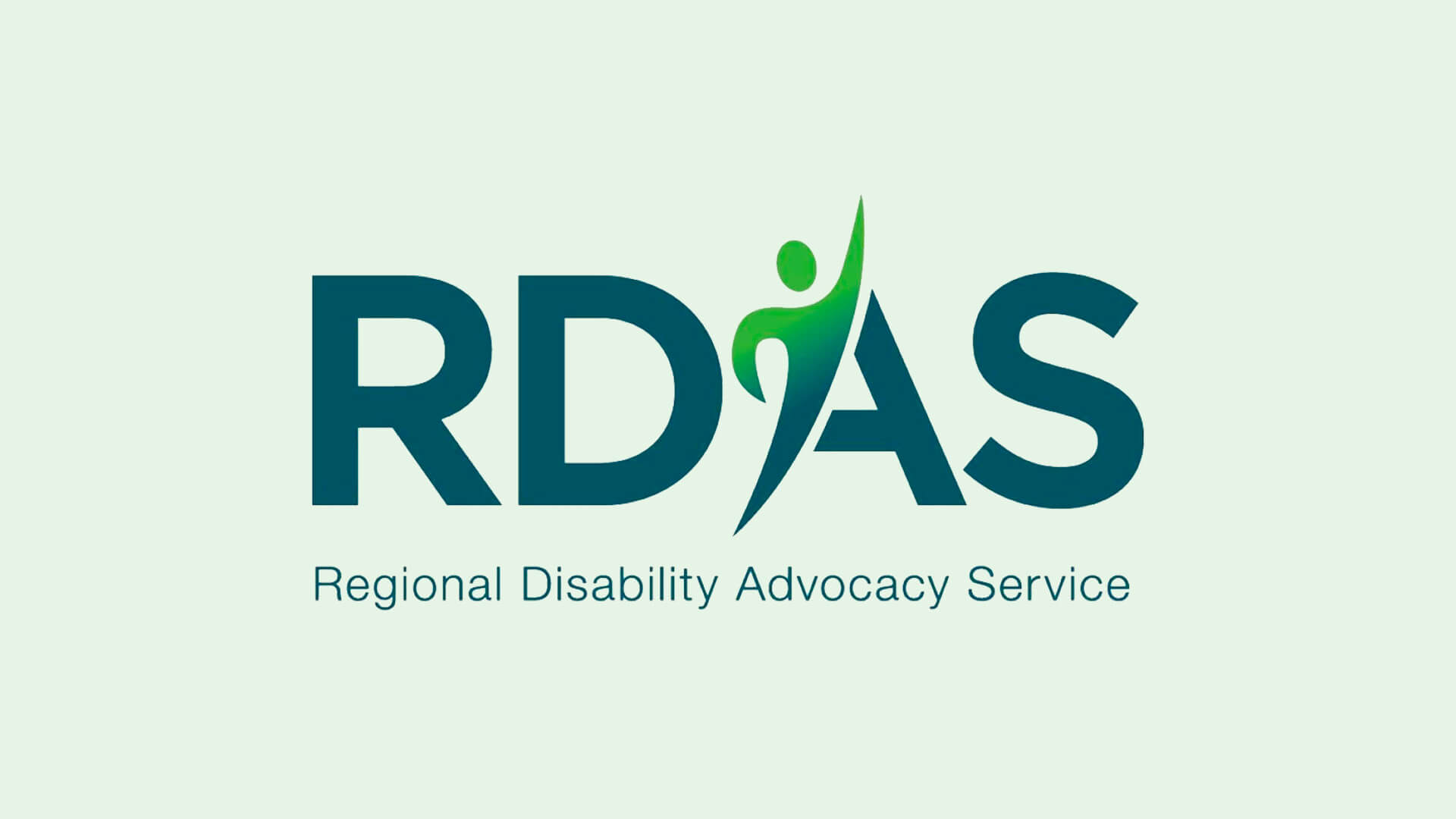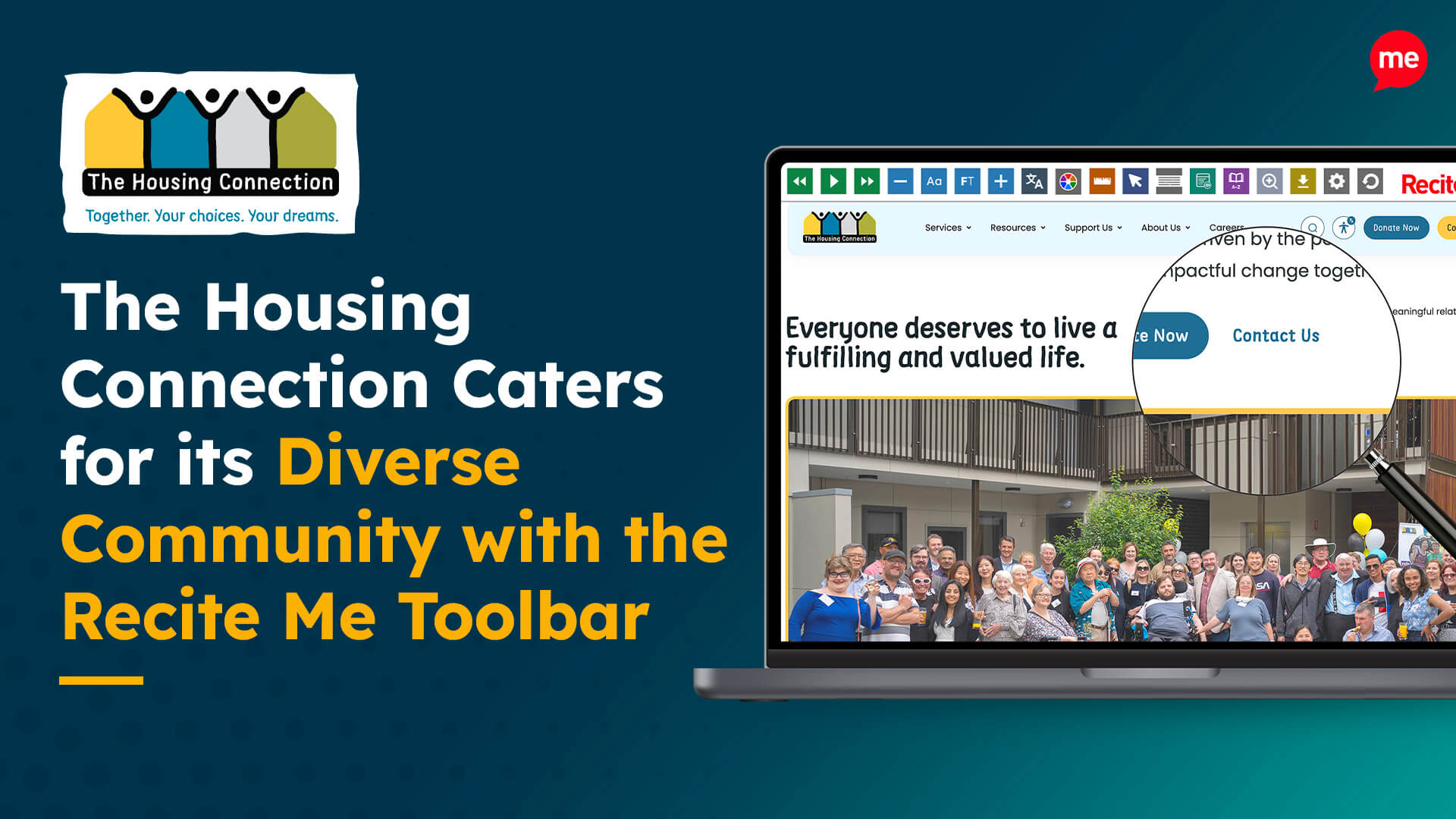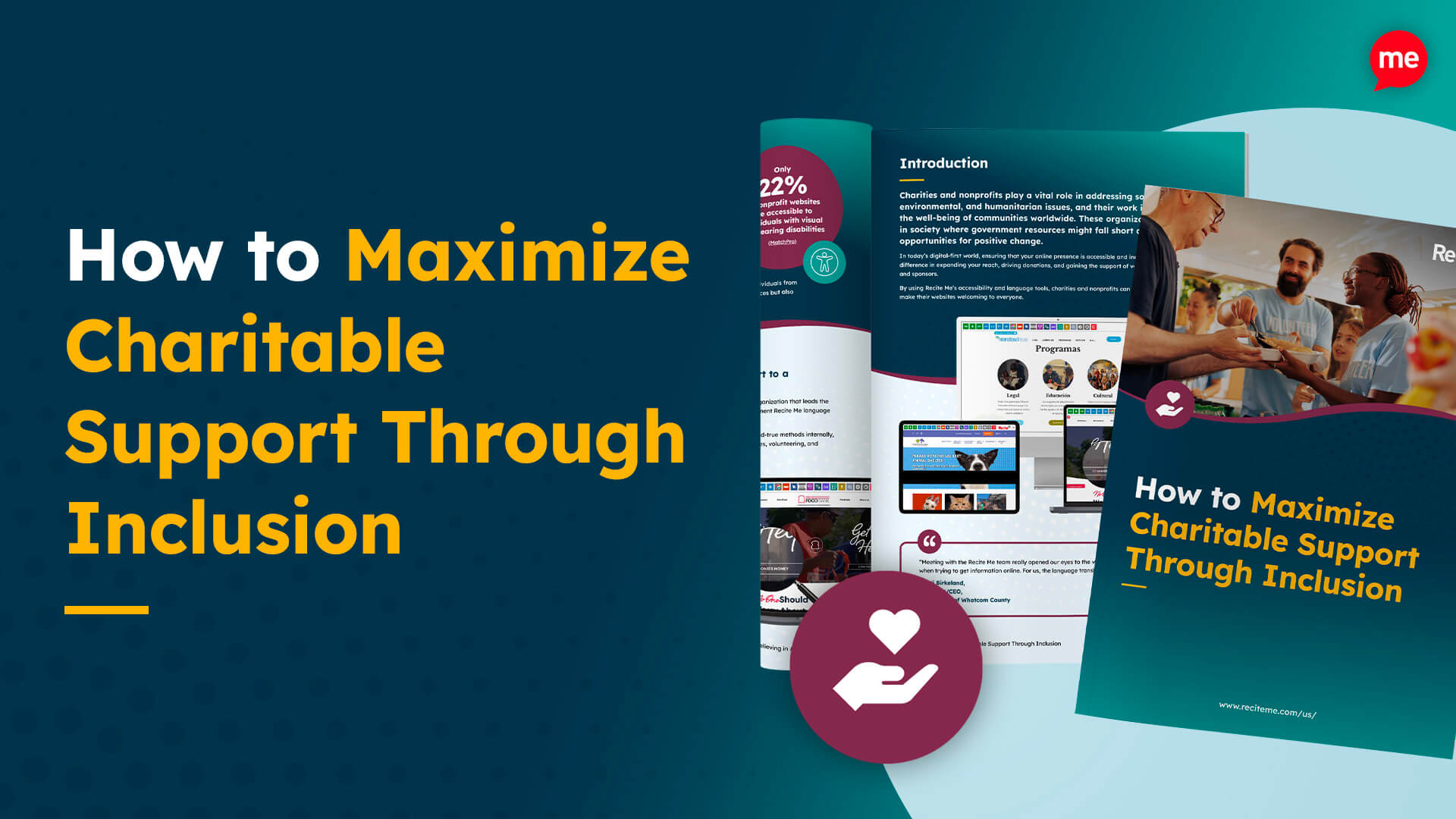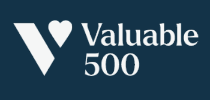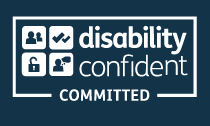The charity sector is well known for supporting some of the most vulnerable members of our society. So it makes sense that many charities and not-for-profit organisations are taking the lead in tackling web accessibility to champion their causes as efficiently as possible.
Recite Me is already helping to make a positive change by providing our website assistive technology to
several charities over a range of industries, including:
- Health
- Animal welfare
- Human rights
- Conservation
The Charity Sector and Web Accessibility: A Natural Link
By their very nature, charities actively work towards equality and inclusion, so right from the very start, we have a clear shared goal. At Recite Me, our focus is always on the benefits to the end-user and how web accessibility technology can bring people together.
Essential website functions include communicating the organisation’s mission and attracting supporters, volunteers, ambassadors, and benefactors. This is almost impossible if websites are not accessible.
In recent times especially, many people have struggled financially as a result of COVID-19. So attracting a wider audience by making websites accessible to everyone is an excellent way for organisations in the charity sector to be more visible, help more people, recruit more sponsors, and attract donors.
“The simple fact is that the more an organisation does to provide access to information, the more people it can reach.“
Ross Linnett, Recite Me Founder and CEO
So much of our everyday lives take place online now, that people become excluded if they don’t have equal access to online information. This creates a two-tiered society, something that charities usually work hard to avoid. So again, the shared values between business goals and the benefits of web accessibility are evident.
Tap into a Whole New Market
Most organisations are shocked at how much more exposure they can gain by becoming more digitally
inclusive. Did you know that:
- Over 600,000 Australians have a visual impairment
- More than 10% of the population has a learning difficulty
- One in six people in Australia has a disability
- It’s estimated 15% of the population is neurodiverse
- Over 5.3 million people in Australia speak a language other than English at home

All of these individuals need additional help to read and understand information on a website. Whether it’s changing the way the website looks, what language it’s in, or using a different navigation method, Recite Me can help make your website accessible to everyone.
How It Works
With the Recite Me assistive toolbar installed on your site, those with sight loss, cognitive impairments, learning difficulties, attention disorders, literacy issues, and varying linguistic needs can access your website in a way best suited to their individual requirements. Users can:
- Personalise font size, type, and colour options to make each web page easier to read.
- Download content as an audio file as an alternative to reading.
- Access text to speak functions in 35 different languages.
- Have text read aloud at varying speeds.
- Convert text into over 100 different on-screen languages.
- Utilise a screen mask and ruler for better focus.
- Make use of the toolbar’s built-in dictionary and thesaurus.
- Switch to “text-only” mode to strip away graphics and page clutter.
Our assistive toolbar is quick and easy to implement on your website and can usually be installed in under an hour. After that, the results speak for themselves, but we’re still on hand to help. Recite Me contracts come with automated monthly reporting and quarterly reviews as standard, and your dedicated account manager is there to assist with anything from how to drive more insights through our Google Analytics plug-in, to how to market yourself as an accessible and inclusive organisation.
We are deeply aware of the inequalities that exist in our healthcare system, and believe everyone should be able to access our information and services barrier-free. Recite Me helps us deliver this in a way that is straightforward for the user and, for a charity that doesn’t receive government funding, in a cost-effective manner.
David Clifford, Digital Marketing Manager at Meningitis Now
How Accessible Websites Help Charities
Over the last 12 months, Recite Me made over 520,000 charity and not-for-profit website pages inclusive. Our data shows that:
- On average, Recite Me users view 3 pages of an accessible website per visit.
- Over 181,000 unique users launched the Recite me to aid their digital journey
- Over 51,000 individual styling changes were made by users accessing charity and non-profit sites.
- Our translation options were the most popular features on not-for-profit sites, with some websites reporting as many as 72,000 unique translations.
Cost-Benefit Analysis
Installing assistive technology on your website is a more budget-friendly option than duplicating your content into other languages. The more languages you add, the more expensive it becomes. On average, for a small website of around 10,000 words, the cost of translation would be approximately AUD1,200 per language – and this doesn’t even cover the additional costs of integration and website management.
Plus, some languages require complicated coding (like Arabic and Hebrew, for example). Then comes the problem of which languages to prioritise. Recite Me removes the need for many of these decisions and a big chunk of the cost in one simple install.
Learn More
You can find out more about the charities that use Recite Me software on our sector pages. If you would like to speak to one of the team about booking a demonstration of our assistive toolbar, or would like any further information, please contact us and we’ll be happy to assist you. Alternatively, if you’d like to try updating your websites accessibility, check out the Recite Me web accessibility checker.
Article Data Sources: Australian Network on Disability, Learning Difficulties Australia, Australian Government Department of Health, IDCommunity.
